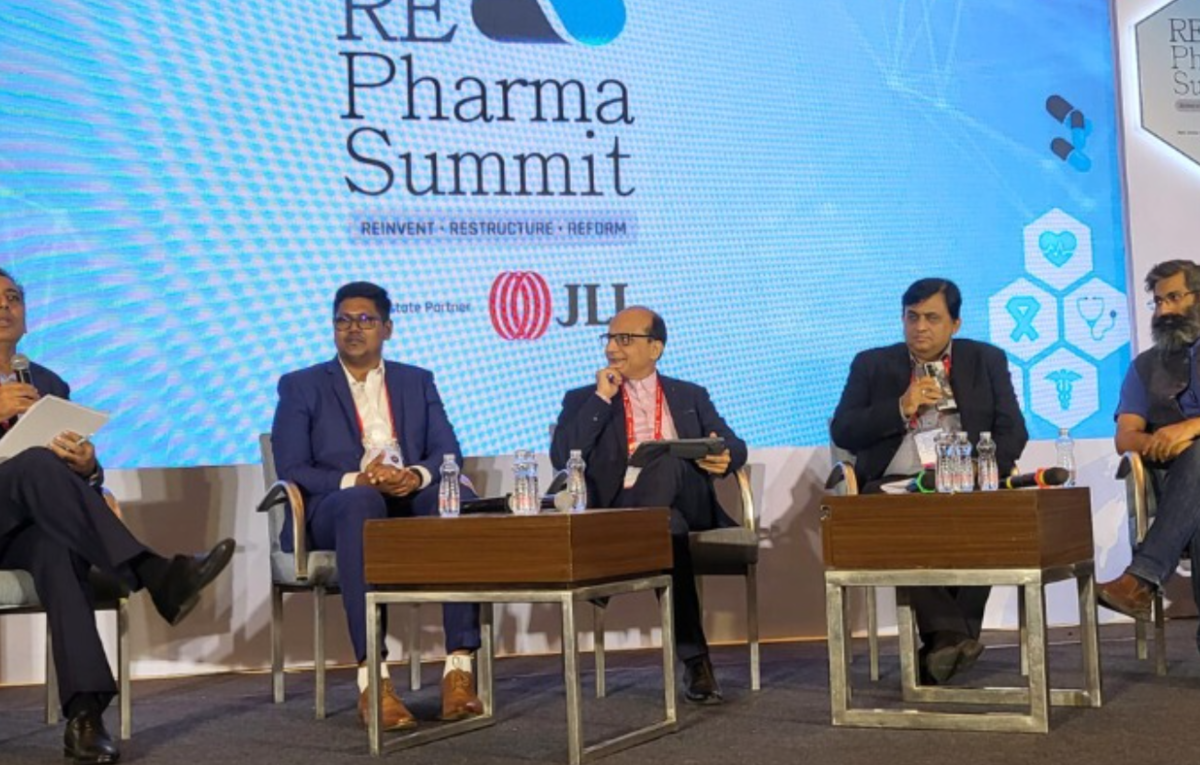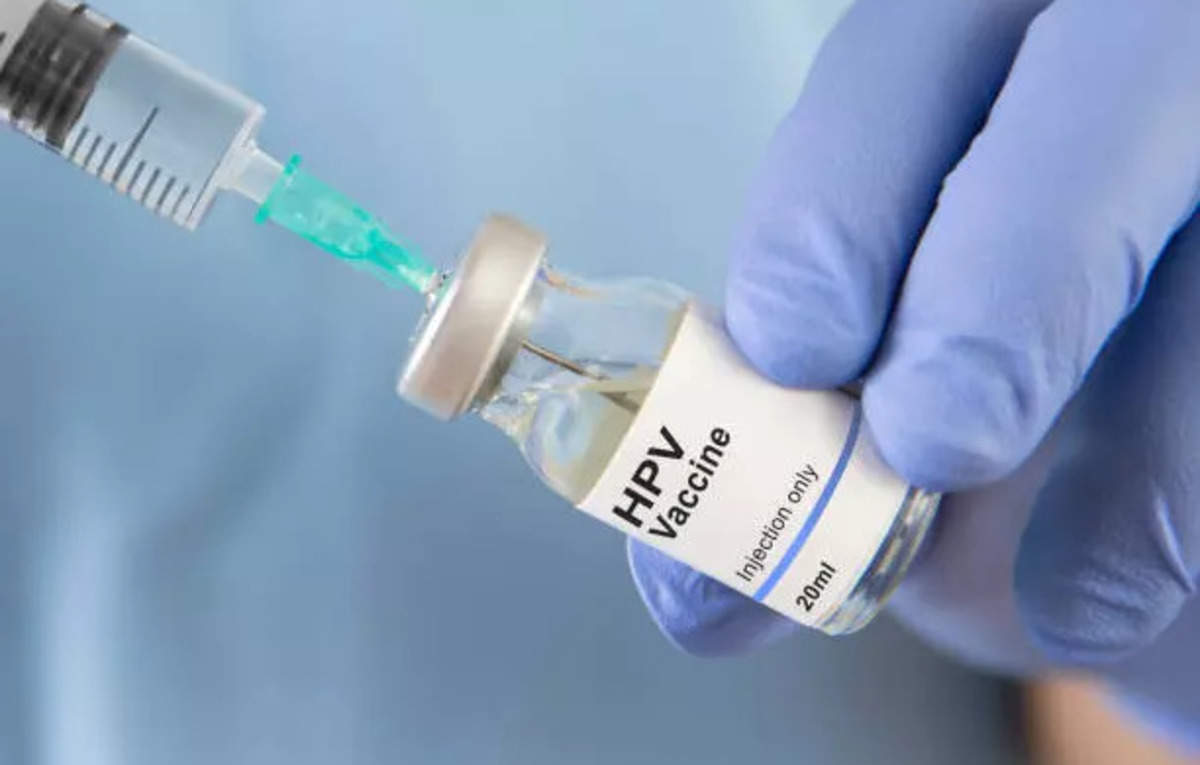
New Delhi : Nikhil Chopra, CEO & Whole Time Director, JB Pharma spoke to ETHealthworld’s Prathiba Raju about how 2023 has been a pivotal year for JB Pharma. He informed that over 26 per cent growth was seen in chronic therapies in the domestic formulation business and six brands have consistently been a part of the top 300 brands in the IPM.
How was the year 2023 transformational for the sector and for your company?
The Indian pharmaceutical sector has delivered an impressive performance throughout the year, chronic therapies, contributing 38 – 40 per cent of the pharmaceutical industry, have consistently outpaced the growth of other therapies. With accelerated research and development, technological advances, and stringent regulatory compliance in action, the industry witnessed novel molecules routing treatment for patients, solidifying the nation’s position as an enticing market for global pharmaceutical giants staying true to its identity of being the ‘Pharmacy of the World’.
This year has been pivotal for JB Pharma. We have seen a 26 per cent growth in chronic therapies in the domestic formulation business and six brands have consistently been a part of the top 300 brands in the IPM. We have driven multiple campaigns with the intent to improve awareness and access to healthcare. With over 40 global accreditations and a state-of-the-art manufacturing facility, our dedication to providing quality care to patients with minimum human intervention is reflected in the latest adoption of SCADA technology supported by other technological advancements in our manufacturing plants.In 2023 the incidents of Indian cough syrups being contaminated and the World Health Organization (WHO) issued about six medical alerts led to concerns about the quality of drugs produced in the country. As the nation boasts the largest number of US FDA-approved plants outside of the US how are these incidents impacting the overall Indian pharma industry? How should the industry ensure that India is a global benchmark for excellence when it comes to drugs?
The pharma industry pays heed to robust manufacturing, quality assurance and compliance while developing and commercialising their offerings. In today’s times where the need and demand for quality medicines are understood, patients prefer medications only that are demarcated as ‘approved’ by known regulatory bodies. In uncontrollable situations where a medication is found to be spurious or ‘not of the standard’ quality, it becomes a backseat. Such incidents tend to raise concerns about the quality control and manufacturing standards of the system.
There have been put in place many regulations and processes implemented to curb such issues. Some of these are:-
- Stringent quality control measures to oversee adherence to GMP, including rigorous testing.
- Enhanced regulatory oversight aiding regular inspections, ensuring swift action on pointed concerns.
- Investment in quality monitoring systems to streamline the measures of approval of the product.
- Investing more in training and skill development to keep all professionals updated on the QA practices, and technological advancements and develop vigilance.
- Portray transparency in communication with several regulatory bodies, healthcare professionals, and the public.
I believe collaborative and consistent efforts towards strengthening the ecosystem will further solidify the Indian pharma industry’s reputation as a dependable supplier of high-quality medicines in both domestic as well as international markets.What new-gen technology will help the industry to fast-track clinical trials to the approval process and speed up the drug to market?
AI is revolutionising the pharmaceutical industry by expediting clinical trials and accelerating drug approvals. Major companies are leveraging AI to swiftly identify trial candidates, optimise testing, and reduce development time and costs. The FDA reports a significant increase in AI applications for drug development, highlighting its growing importance. One such approach is the ‘Digital Twin’ technology. The digital twin of a human can help stimulate real situations and their outcomes which can be very vital in the execution of clinical trials so realistic that no human intervention would be needed. The modification of the digital twin across various stages of life can provide us with a lot more certainty of the outcome.
AI benefits drug discovery, development, and repurposing, streamlining processes, reducing manual workload, and achieving milestones faster. This transformative approach positions the pharmaceutical industry for breakthroughs more cost-effectively and efficiently.
What are the other expected trends for 2024 for the Indian pharma industry?
Looking ahead to 2024, the Indian pharma industry will likely see continued emphasis on chronic therapies, increased innovation in biosimilars and peptides, and a sustained focus on diversification towards wellness products. The industry is poised to play a pivotal role in meeting the rising demand for high-quality pharmaceutical products driven by the growing awareness of healthcare importance and the increasing burden of diseases.
Another trend that is gaining momentum, in pharma manufacturing is environmental sustainability. The industry is actively addressing the environmental consequences of manufacturing processes through green technologies, embracing circular economies, and adopting energy-efficient practices. This commitment to sustainable goals aligns with societal expectations, demonstrating responsibility for public health and the environment.





